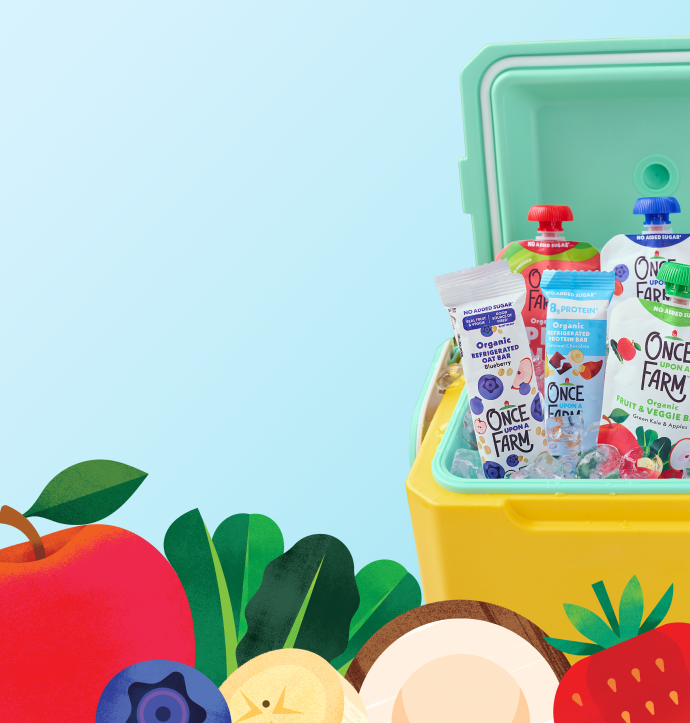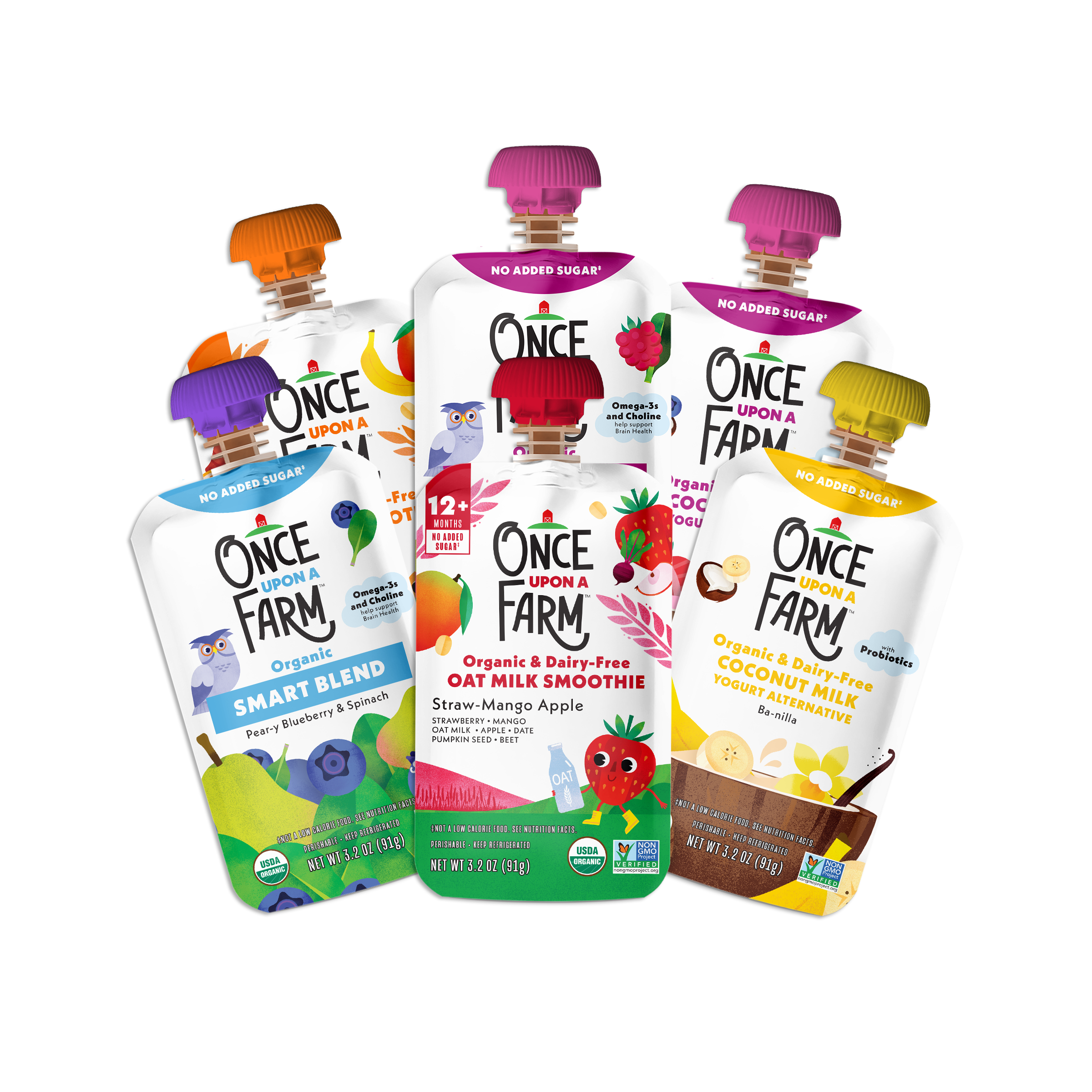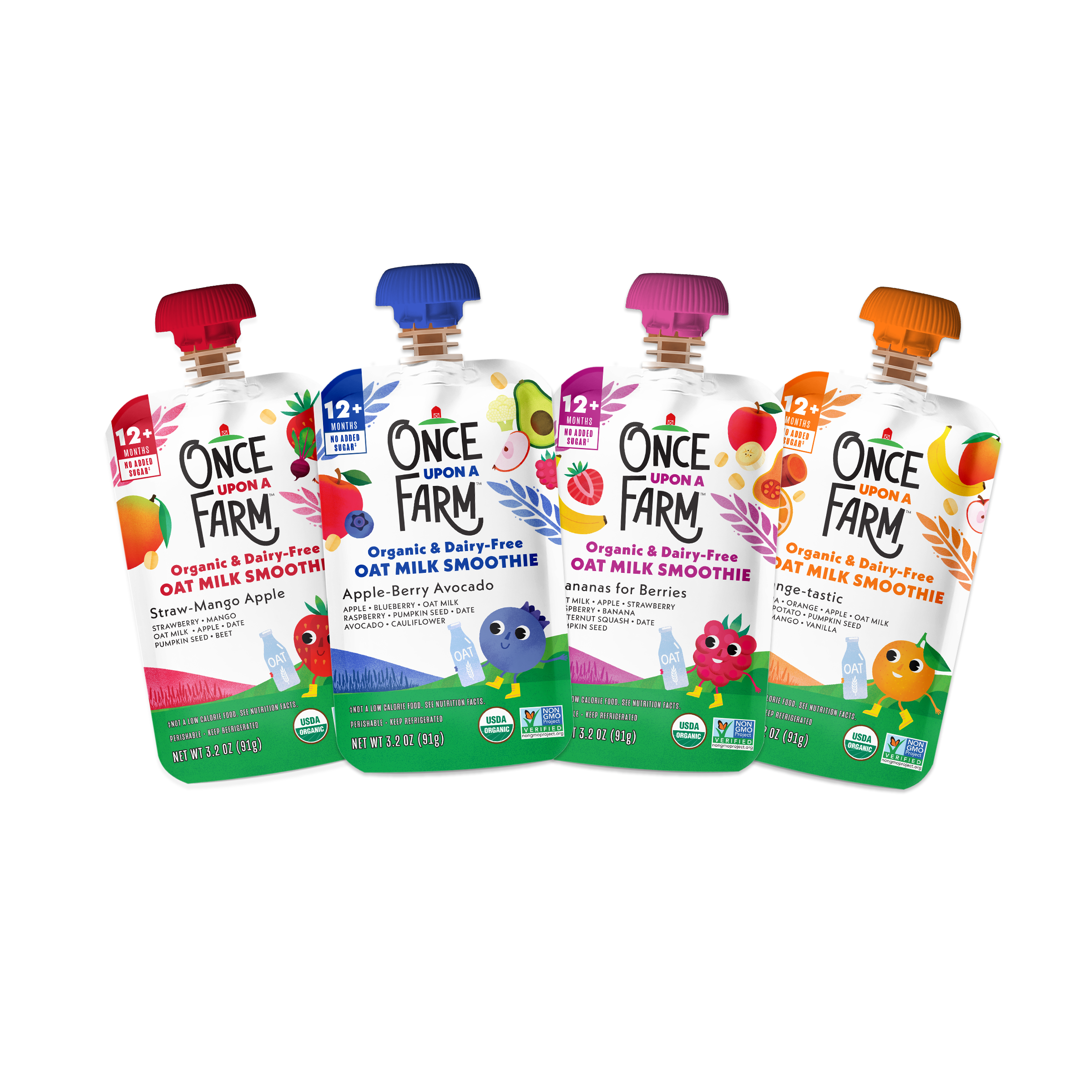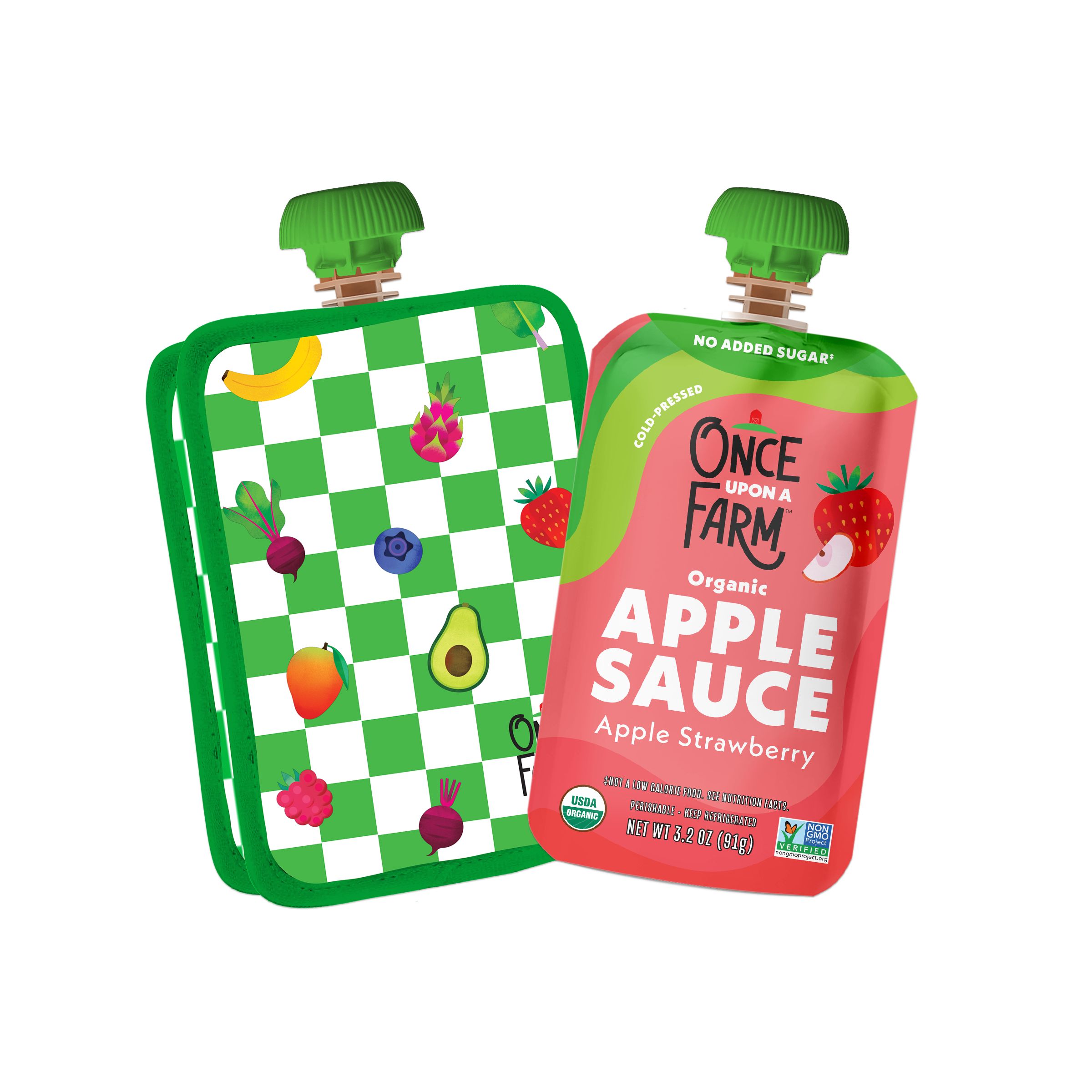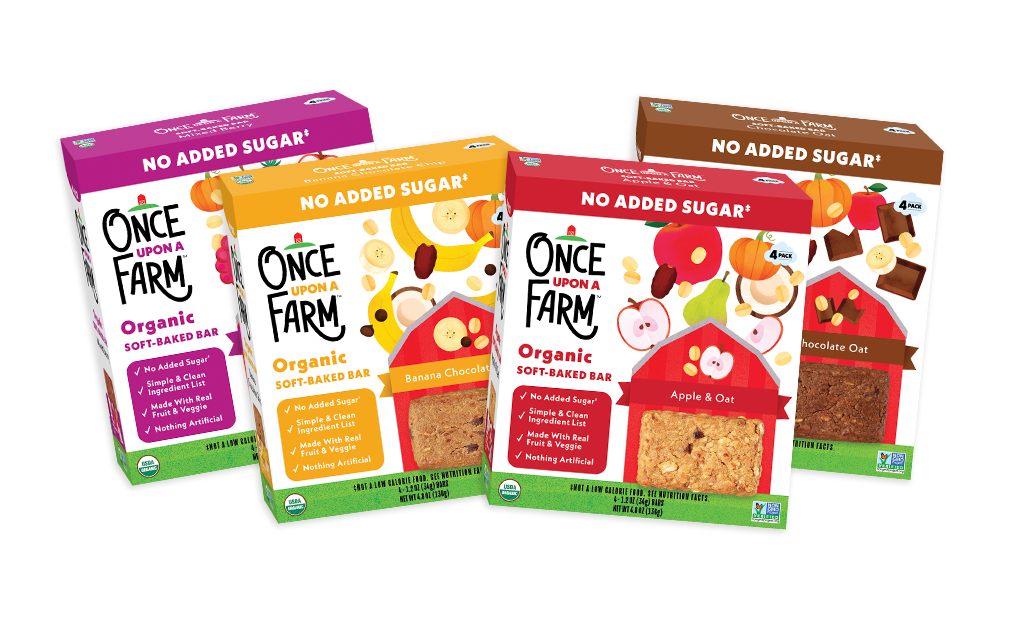Note: This blog is not medical advice and is for informational purposes only. For any specific recommendations or concerns, please refer to your child’s healthcare provider.
As parents, we do everything we can to support our kiddos’ growing bodies, but what about their growing minds? With help from Child Neurologist and Development Specialist Shilpa Dass, MD, we dive into what it means to have a healthy brain and explore some ways parents can support their children’s brain health. Spoiler alert: You are likely already doing many of them!
What is brain health?
“When we talk about brain health,” Dr. Shilpa says, “we’re referring to the ability of a child’s brain to function at its highest capacity in multiple areas.” These include cognitive health, motor function, and emotional well-being. When we talk about a healthy brain for kids, she explains, it shows up as “their ability to learn new things, retain information, meet developmental milestones, regulate their emotions and behaviors, show curiosity and interest in their environment, form social connection, and adaptability.”
Why do we focus on brain health in childhood?
During childhood, the brain develops at a faster rate. “During the first five years, especially from birth to age three,” Dr. Shilpa shares, “a child’s brain grows more than at any other time in life.” Connections are formed rapidly, which lay the foundation for learning, behavior, and emotional health.
“Supporting brain health during this period can have a long-lasting impact on a child’s future and continued development.” While this is an especially sensitive time in brain development, she adds, “the brain remains flexible (plastic) well into adolescence, which is also a period of high plasticity.” So, brain development continues, but “providing a strong foundation early on can help set kids up for lifelong success.”
Ways to Support Kids’ Brain Health
“For a child’s brain to stay healthy,” Dr. Shilpa explains, “it needs the right building blocks: good nutrition, the right amount of sleep, and a stable, safe, loving environment where they can learn and explore.”
1. Nutrition
During early development, a well-balanced diet is especially important. Dr. Shilpa highlights the importance of a “diet rich in healthy fats (like Omega-3s), fruits, veggies, and whole grains, which can help with focus, memory, and learning.” Limiting sugar and processed foods can help “provide long-lasting energy for kids and make room for nutritionally dense foods.”
Related Reading: What Vitamins and Minerals Do Kids Need?
2. Sleep
While our sleep needs vary, quality sleep is key to brain development, including learning, regulating emotions, attention, memory, and growth.
Related Reading: Daytime Habits for Kids to Promote Better Sleep
3. Exercise
“Physical activity boosts blood flow to the brain, improves mood, and some studies show it can even strengthen memory.” Dr. Shilpa shares. For younger children, active play is highly beneficial. Kids six and older “should aim for at least 60 minutes of moderate-to-vigorous activity on most days.”
Related Reading: Importance of Physical Activity for Kids
4. Emotional/Social Factors
For babies, focus on responsive caregiving and building secure attachments. This helps develop emotional regulation. For older kids and teens, positive relationships with peers and trusted adults can teach social skills, resilience, and stress management.
Related Reading: Teaching Kids About Emotions
5. Mental Stimulation
For babies, Dr. Shilpa recommends talking, singing, and playing to encourage neural connections. For young kids, “Reading regularly, playing board games and puzzles, and encouraging open and creative play promotes problem-solving and critical thinking.” For teens, parents can promote fun hobbies and new experiences, as well as challenging schoolwork to keep their kiddos’ brains sharp. Socializing is key here, too!
Related Reading: Helping Your Kids Learn
6. Minimize Toxic Stress
According to the Harvard Center on the Developing Child, “toxic stress occurs when there is excessive or prolonged activation of stress response systems in the brain and body.” It can disrupt healthy brain development at any age. Dr. Shilpa notes that “adverse experiences, like chronic stress, neglect, or poor nutrition, can negatively impact brain development.”
Related Reading: A Child Psychologist Shares Tips for Helping Your Kids With School-Related Stress
7. Promote Positive Experiences
Dr. Shilpa stresses the importance of loving interactions, free play, and exploration to strengthen brain connections in our children. “Supportive relationships with caring adults can help buffer a child’s stress response, promoting resilience and healthy development.”
Related Reading: 8 Ways to Brighten Your Kid’s Day




